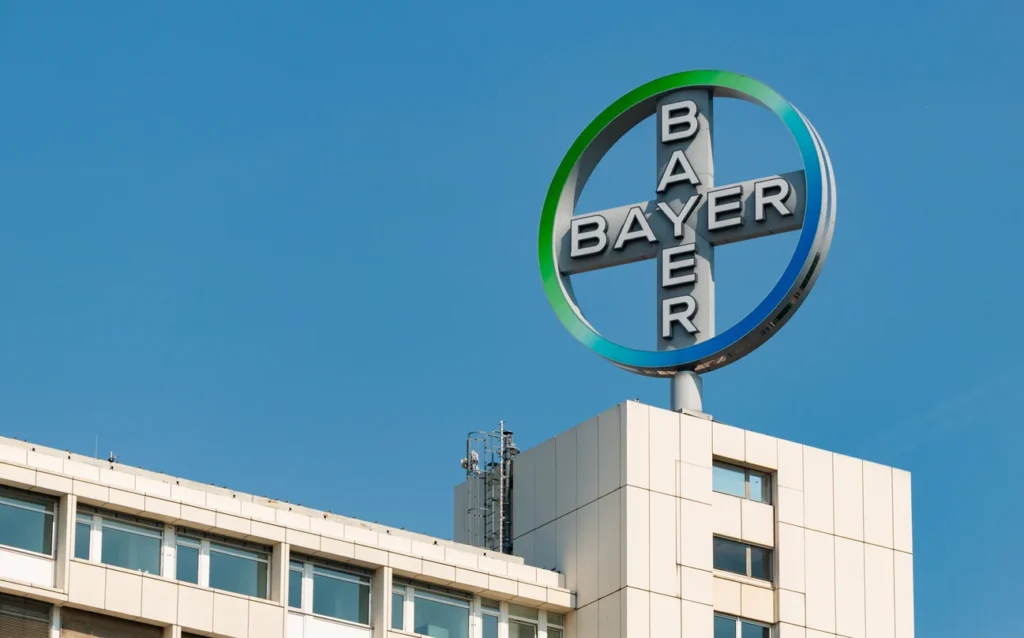
As global leaders convene for the World Economic Forum Annual Meeting 2025 in Davos, Leaps by Bayer, the impact investing arm of Bayer, in collaboration with Boston Consulting Group (BCG), has unveiled one of the most comprehensive global surveys to date on public sentiment toward transformative technologies. This landmark survey, conducted by the market research firm Ipsos, offers actionable insights for innovators and leaders tasked with fostering public engagement. The findings highlight society’s hopes, fears, and concerns regarding cutting-edge technologies, presenting both challenges and opportunities for those working to advance breakthroughs in human health and nutrition.
Key Findings from the Survey
Optimism Towards Science Varies Across Regions
The survey reveals that 72 percent of respondents globally are optimistic about the trajectory of science and technology, significantly outpacing optimism in other societal domains such as the economy (39 percent) and politics (31 percent). However, the level of optimism varies notably by region. Middle-income countries like China (86 percent) and Nigeria (94 percent) display higher levels of optimism compared to high-income Western nations such as France (53 percent), Germany (54 percent), Italy (66 percent), and the United States (68 percent). Japan, another high-income nation, exhibits an even lower level of optimism at just 46 percent.
A Crisis of Trust in the West
While 62 percent of respondents globally trust health authorities to act in the public’s best interest, this trust is markedly lower in Western nations. In France, only 48 percent of respondents express trust in their health authorities, while in the United States, the figure is slightly higher at 56 percent. In contrast, middle-income countries such as China (73 percent) and Nigeria (86 percent) demonstrate significantly higher levels of trust. This disparity underscores the need for Western nations to address the growing trust deficit in their healthcare systems.
Skepticism Toward AI in Advanced Economies
Interestingly, the survey finds that regions where artificial intelligence (AI) is most advanced are also the least receptive to its use in healthcare. For instance, only 50 percent of U.S. respondents are comfortable with doctors using AI in medical treatment, despite the U.S. leading in AI-driven medical advancements, with 950 AI/ML-enabled devices already cleared by the FDA, particularly in radiology. This skepticism poses a significant hurdle for the adoption of AI in healthcare, especially in regions that are technological frontrunners. Bayer
Support for New Genomic Techniques (NGTs) in Agriculture
A majority of respondents (56 percent globally) express positive attitudes toward the use of new genomic techniques (NGTs) in agriculture, especially for developing crops resistant to climate change. In Europe, where NGT usage faces stringent regulatory restrictions, 47 percent of respondents hold a positive view, 34 percent remain neutral, and only 12 percent express negativity. This widespread openness highlights a growing opportunity to align public opinion with policy changes that could facilitate the adoption of NGTs.
Knowledge and Trust: Key Drivers of Acceptance
The survey identifies a clear correlation between knowledge levels and optimism about innovation. Respondents who are more informed about specific technologies tend to view them more favorably. Similarly, trust in health authorities significantly influences optimism. A lack of trust often coincides with skepticism toward scientific advancements, underscoring the critical need for transparent communication and public education. Bayer
Optimism for Cell and Gene Therapies
Cell and gene therapies receive widespread support across demographic groups. Millennials (78 percent) and Boomers (70 percent) exhibit high levels of optimism, while 59 percent of global respondents agree that developing a cure for a disease is worthwhile even if only a few can initially afford it. This sentiment reflects a strong global belief in the transformative potential of these therapies, despite concerns about accessibility and affordability.
Insights from Leaders
Dr. Juergen Eckhardt, Executive Vice President and Head of Leaps by Bayer, emphasized the importance of societal acceptance in driving technological innovation. “We understand that addressing the world’s greatest challenges requires more than investing in transformative technologies—it demands building societal acceptance. This begins with actively listening to people’s hopes and concerns about breakthrough science,” he stated. Dr. Eckhardt expressed gratitude for the collaboration with BCG on the Breakthrough Study and confidence that the findings would empower innovators to engage society more effectively. Bayer
Dr. Friedrich Moeckel, Managing Director and Partner at BCG Geneva, echoed these sentiments. “Despite strong optimism about science and technology, many remain neutral toward breakthrough innovations. This neutrality is an opportunity: by building trust and closing knowledge gaps, we can inspire greater understanding of how these advancements improve lives and address global challenges,” he said.
Addressing Global Challenges
The survey comes at a time when geopolitical transitions dominate headlines, yet the urgency to tackle pressing issues such as climate change, strained healthcare systems, and global nutrition remains paramount. While emerging technologies hold immense promise, the survey underscores that technology alone is not sufficient. Bridging the gaps in public knowledge and trust is critical to achieving widespread acceptance of innovations that have the potential to improve human health and well-being. Bayer
Building Public Trust
One of the most significant takeaways from the survey is the trust deficit in Western nations. Rebuilding trust in health authorities and scientific institutions requires a concerted effort to engage with the public transparently and empathetically. Clear communication about the benefits and risks of new technologies, coupled with initiatives to address ethical and accessibility concerns, can play a pivotal role in fostering public confidence.

Bayer
Enhancing Public Knowledge
Educational campaigns and public engagement initiatives are essential to closing the knowledge gap identified in the survey. By demystifying complex technologies and highlighting their real-world applications, innovators and policymakers can inspire greater public enthusiasm and support. For example, showcasing success stories of AI-driven medical treatments or the environmental benefits of NGTs in agriculture can help shift public perceptions positively.
A Roadmap for Innovators
The Breakthrough Study serves as a valuable roadmap for innovators and leaders aiming to navigate the complex landscape of public sentiment toward transformative technologies. By addressing the factors that drive skepticism and leveraging the opportunities identified in the survey, stakeholders can pave the way for greater societal acceptance and the successful implementation of groundbreaking innovations. Bayer
As the world grapples with interconnected challenges, the need for collaborative efforts between governments, industry leaders, and the public has never been greater. The insights from the Breakthrough Study highlight the importance of not only developing transformative technologies but also ensuring that these advancements are embraced by society at large. Through increased knowledge, trust, and engagement, the promise of innovation can be fully realized, benefiting both humanity and the planet.
Read more: Leaps by Bayer Introduces Revolutionary Global Survey on Society’s Optimistic Views of Breakthrough Technologies



